Is Auschwitz Worth Visiting? 10 Reasons to Visit Auschwitz
Auschwitz is a word associated with the worst, most inhuman war crime of World War II. The camp complex consisted of Auschwitz I, Auschwitz II-Birkenau, and Auschwitz III-Monowitz.
A place where millions (those found to be Jews) perished in a systematic mass extermination.
If you’re wondering “Is Auschwitz worth visiting? ,” then yes, and we highly recommend you visit Auschwitz Concentration Camp when in Poland.
Because here is the thing, visiting Auschwitz isn’t like going to any other museum or Holocaust memorial. This will send you down a spiral of human history on ethics and morality.
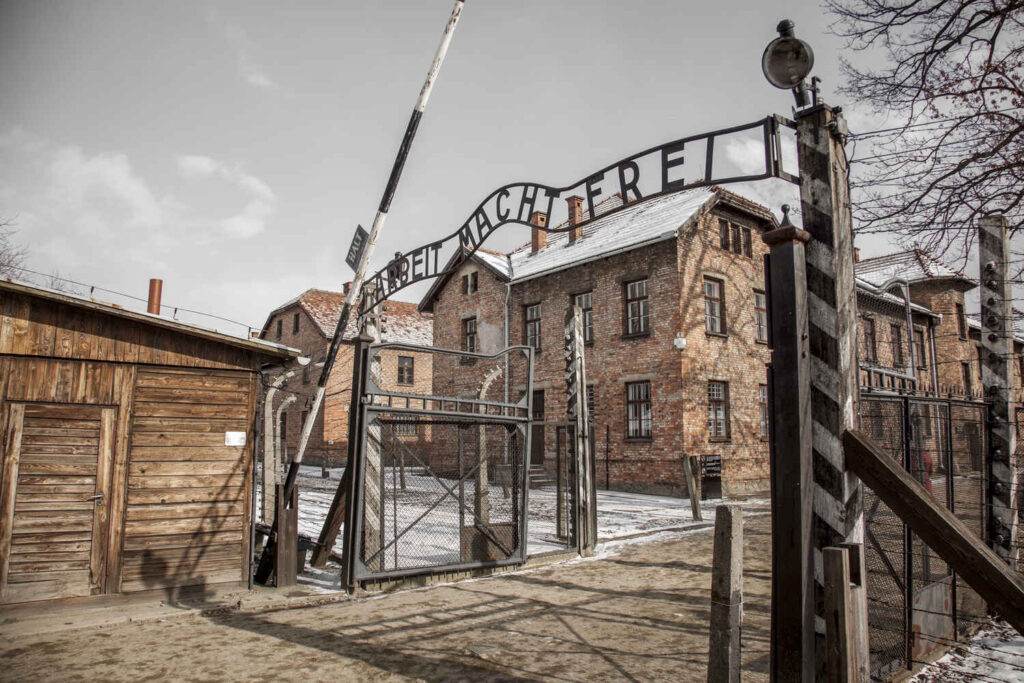
10 Reasons to Visit Auschwitz
So yes, in short: the Auschwitz concentration camp is a visit worth visiting. However, in this guide, we are going to discuss reasons for which you should come to the nazi concentration camp.
Historical Importance
Auschwitz played the central role in Hitler’s “Final Solution,” where Jews, Romani people, Polish, and Soviet prisoners (among others) were all put to death. Yes, it wasn’t just Jews.
The largest genocide in modern history — also the one that took place where they filmed Schindler’s List, Auschwitz. This is something we can learn or read in a history book but walking around Auschwitz Birkenau… it gives you chills.
Once you have gone to Auschwitz and been so close to that part of human history, then it is worth it. That is what happens when power, hatred, and prejudice are the only ones in charge of every aspect.
The Nazi concentration camps like Auschwitz were designed for extermination and understanding the scale of this mass murder is key to understanding World War II and the Holocaust.
By visiting Auschwitz you will know the importance of learning from the past so we don’t repeat the mistakes. As hard as it is to process, it’s one chapter we must never forget no matter what.
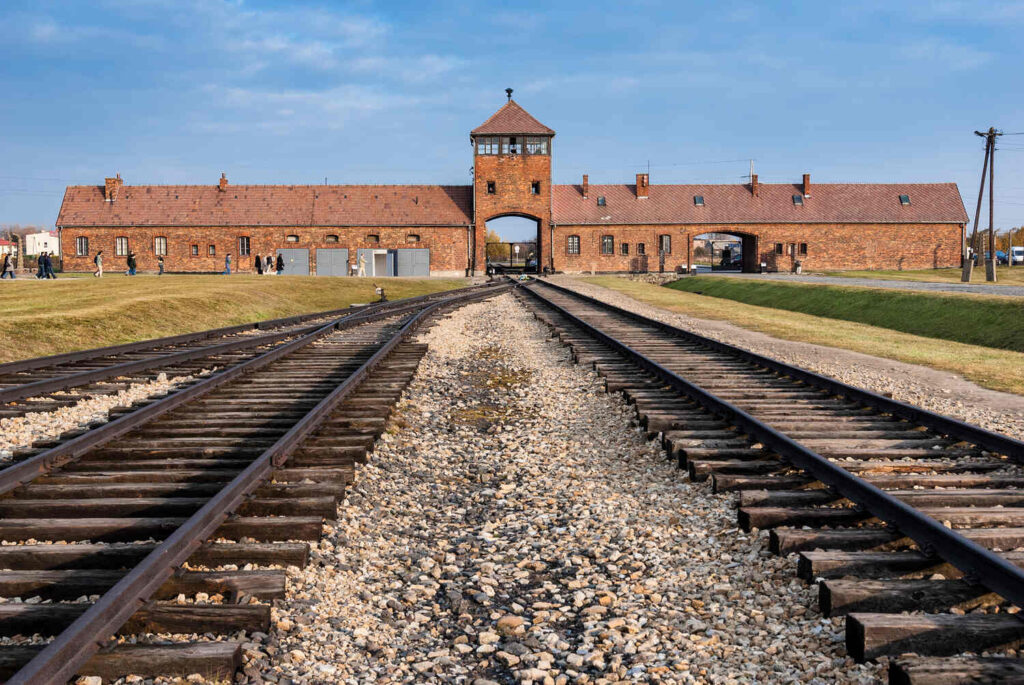
A Powerful Educational Experience
Auschwitz offers an education far more than what you can get from a book or a movie. Seeing the physical remains and the gas chamber of the camp puts the history of the Holocaust in perspective.
The Auschwitz museum has detailed exhibits including the personal belongings of the prisoners. You will see shoes, glasses and even suitcases all of which humanize the scale of the loss.
Seeing these helps you understand that the millions of people who perished in this camp complex had their own life stories, families and futures cut short by the Nazi regime.
To make the most of your time in both Auschwitz and Birkenau join a guided tour of the different parts of the camp. These tours will help you understand everything about the Auschwitz concentration camp.
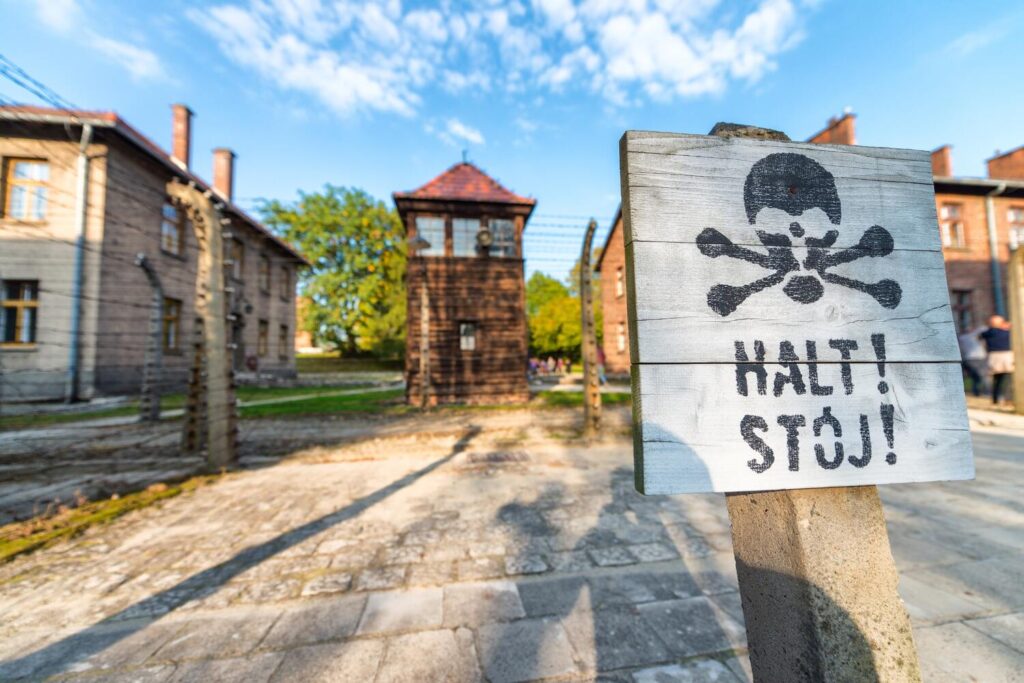
Personal Reflection and Remembrance
Visiting Auschwitz is an intense experience, time for reflection on the history that happened here. Walking through the camp where thousands of innocent people were imprisoned evokes feelings of sadness and pain.
It’s a place where you can reflect on human rights, the value of life, and tolerance.
This is not just a site to learn history; it’s also a place to remember those who suffered and died. The camp is a memorial to the millions who lost their lives and visiting is a way to pay your respects.
You will find yourself lost in thought as you walk past the barbed wire, the barracks and the gas chambers. Yes, that’s sad but Auschwitz Birkenau concentration camps are still worth visiting.
Visiting Auschwitz stays with you long after you leave. It’s not just another stop on the tourist trail, but a place of personal growth and reflection.
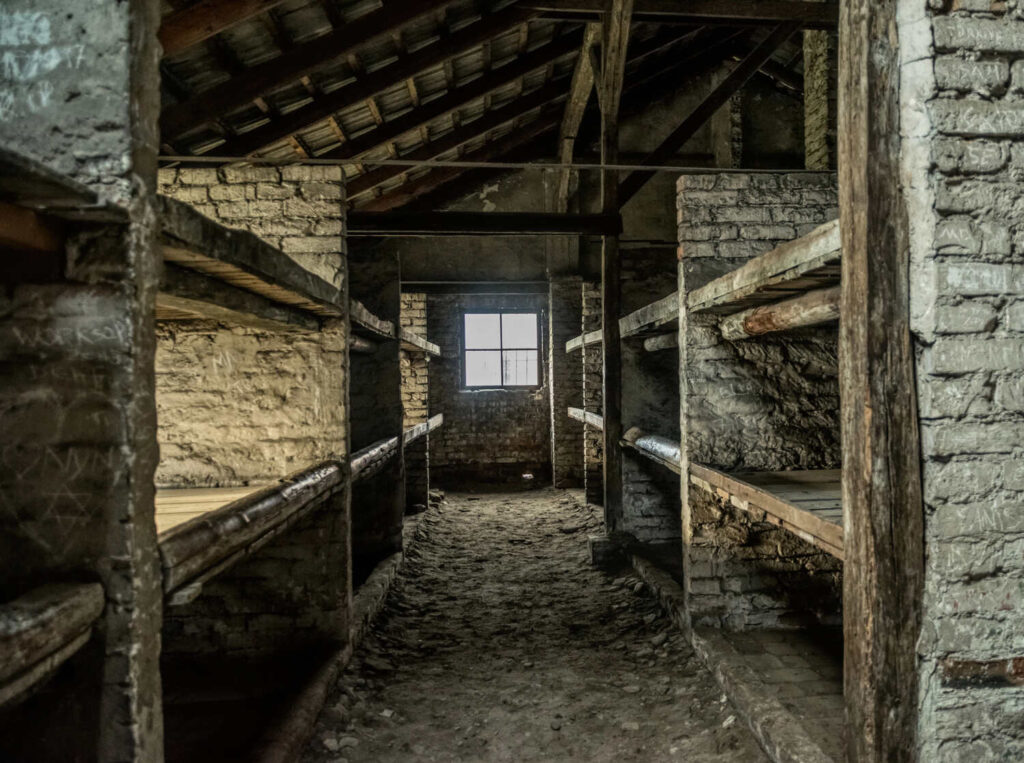
Visiting Authentic Historical Sites
When you visit Auschwitz you are not just hearing about history – you are seeing it. Many of the original structures including the gas chambers, barracks and crematoriums have been left as they were during World War II. Walking the same paths as the prisoners did and seeing their physical remains is something else.
The authenticity of the site is what makes Auschwitz so powerful. Walking the same paths as the prisoners did and seeing their physical remains is something else. You can see the train tracks where thousands of people were brought in cattle cars, often straight to their deaths.
You can stand in the gas chambers where Zyklon B poison gas was used to kill whole groups of people.
Seeing these in person makes the Holocaust history more real. It’s easy to think of these events as far away from our daily lives but standing in the Auschwitz camp will remind you that this happened to real people not so long ago.
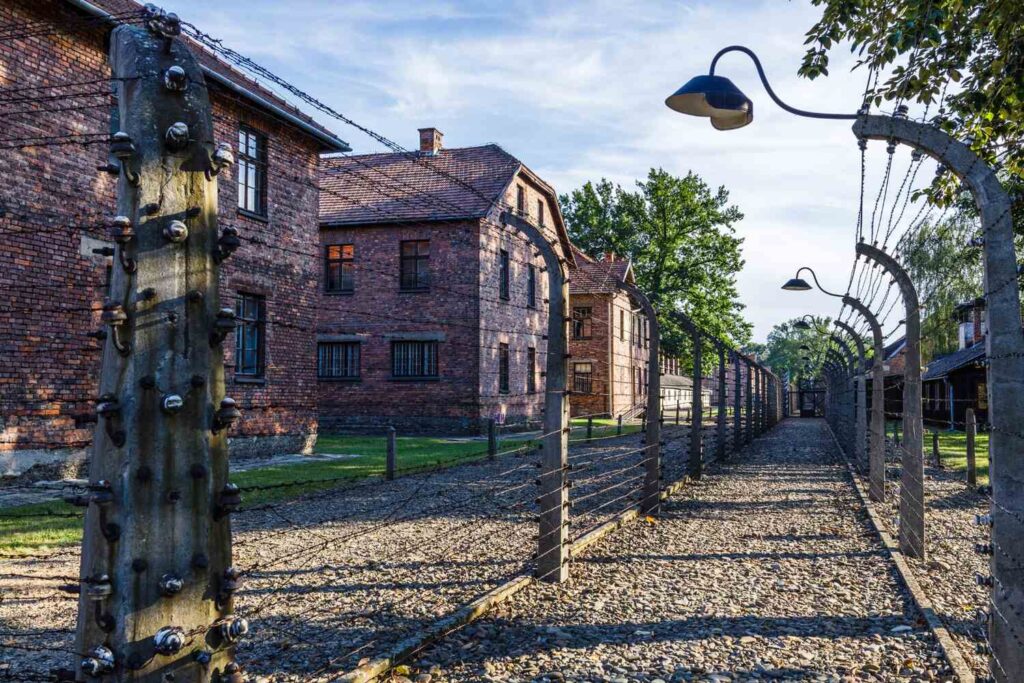
Honoring the Victims of the Holocaust
One of the most moving parts of visiting Auschwitz is to hear the testimonies of the survivors. The Auschwitz Museum has exhibits with personal stories of those who survived the camp and the belongings they left behind.
These testimonies are very powerful and add a human dimension to the history of Auschwitz that is often lost in the magnitude of the tragedy.
Survivor testimonies remind us that the victims of the Holocaust were real people with families, dreams and lives. They were mothers, fathers, children and friends. Hearing their stories in their own words, through audio guides or museum exhibits, makes the visit to Auschwitz even more emotional…in a bad way of course.
Many have dedicated their lives to telling their stories so let’s take a minute to respect that.
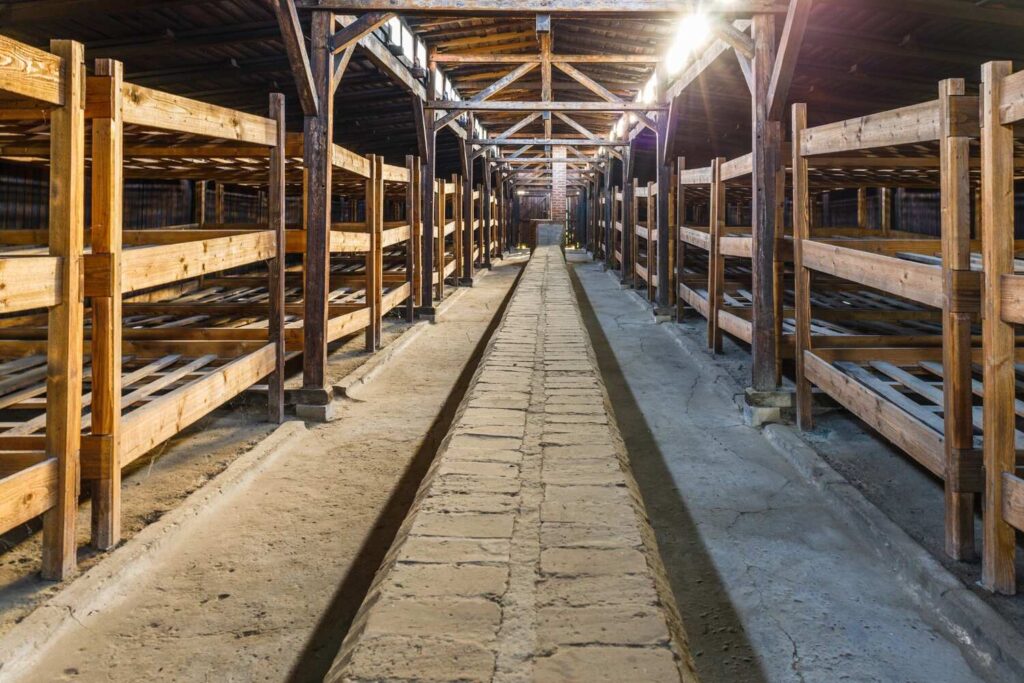
Understanding the Scale of the Holocaust
Reading about the nazi concentration camp gives you an idea of what happened but it’s hard to get the full scale until you visit Auschwitz. The numbers are staggering – six million Jews were killed in the Holocaust and over a million of those were killed in Auschwitz alone.
But these numbers become even more real when you stand on the grounds of Auschwitz-Birkenau – That’s why you should join a tour Auschwitz.
The gas chambers, crematoriums and mass graves are a cold reminder of how systematic and mass the Nazi extermination was. It’s one thing to hear the numbers but it’s another to see the physical space where these crimes against humanity happened.
This understanding of the scale of the Holocaust is key to truly understanding the magnitude of human suffering that occurred. Auschwitz was an extermination machine, there’s no other way to put it.
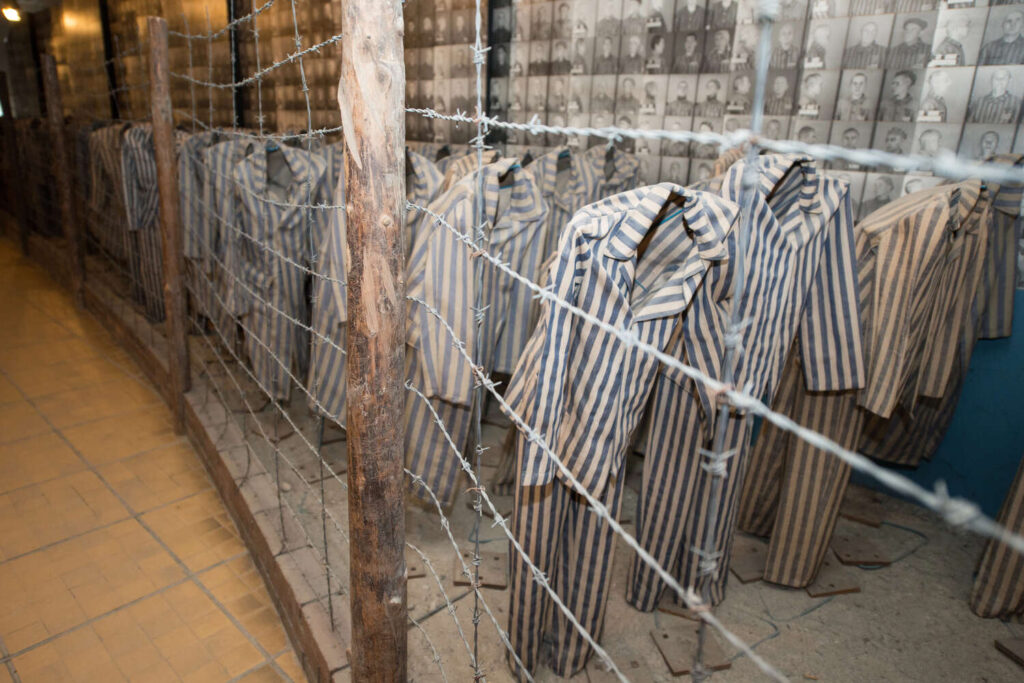
A Chance to Hear Survivor Stories (Museum Exhibits)
One of the most moving parts of visiting Auschwitz is hearing the stories of survivors. The Auschwitz museum includes exhibits that feature personal accounts of those who survived the camp, as well as the belongings they left behind.
These stories are incredibly powerful and bring a personal dimension to the history of Auschwitz that is often lost in the sheer scale of the tragedy.
Survivor stories remind us that the victims of the Holocaust were real people with families, dreams, and lives. They were mothers, fathers, children, and friends. Hearing their stories in their own words, through audio guides or museum exhibits, makes the experience of visiting Auschwitz even more emotional…in a sad way, of course.
Many survivors have dedicated their lives to telling their stories so that the world doesn’t forget what happened, so let’s take a moment to respect that.
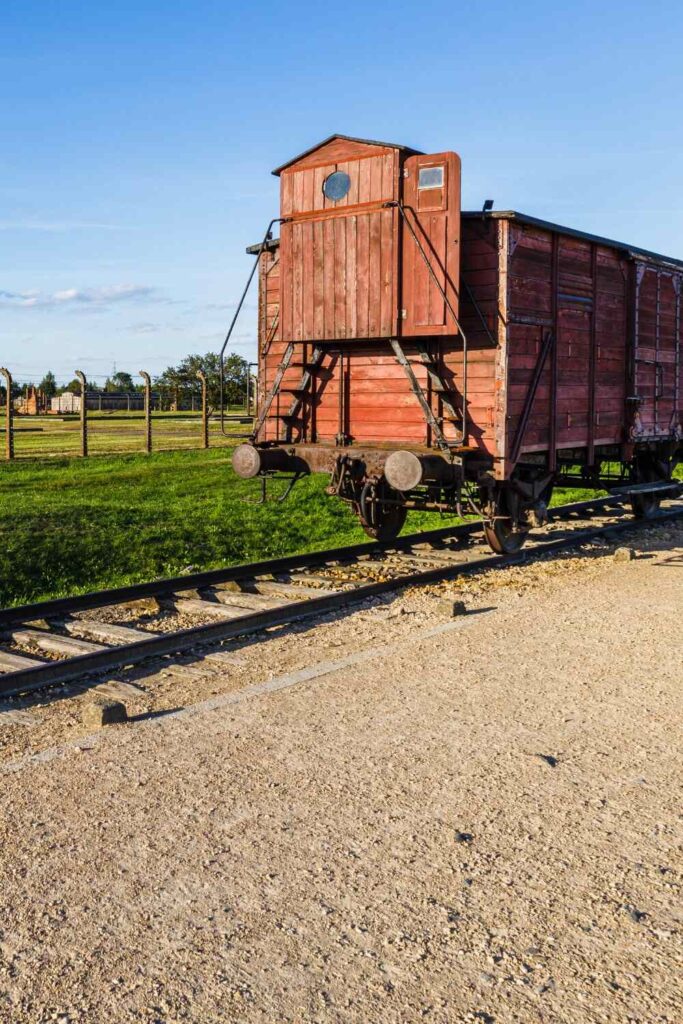
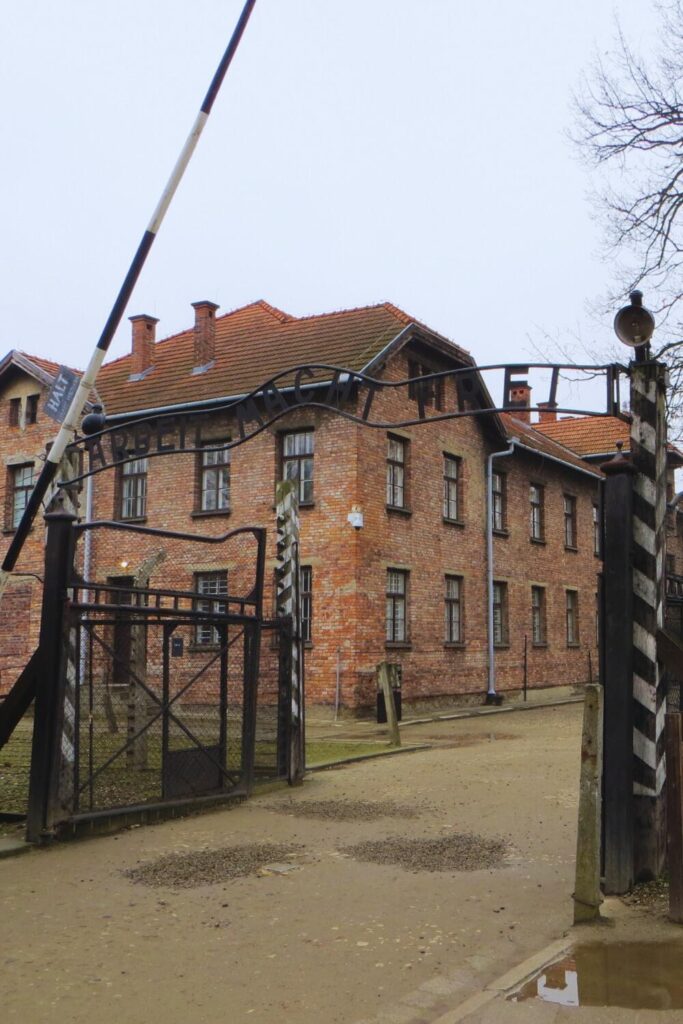
UNESCO World Heritage Site
Auschwitz has been recognized as a UNESCO World Heritage Site, a designation that highlights its global significance and the need to preserve it for future generations. The designation also serves as a reminder of the importance of learning from the Holocaust.
Being a UNESCO World Heritage Site means that the camp complex will be maintained and protected for future visitors.
So future generations can still go to Auschwitz, learn about it, and remember the consequences. It also demonstrates the value of maintaining, and not repeating over or altering historic sites such as Auschwitz.
One where we can remember the darkest chapters of human history, and pledge to build a better future. This is fortunately one of the few places in the world where we do not have to look at such a dark history, and that’s another reason why Auschwitz II Birkenau should be visited.
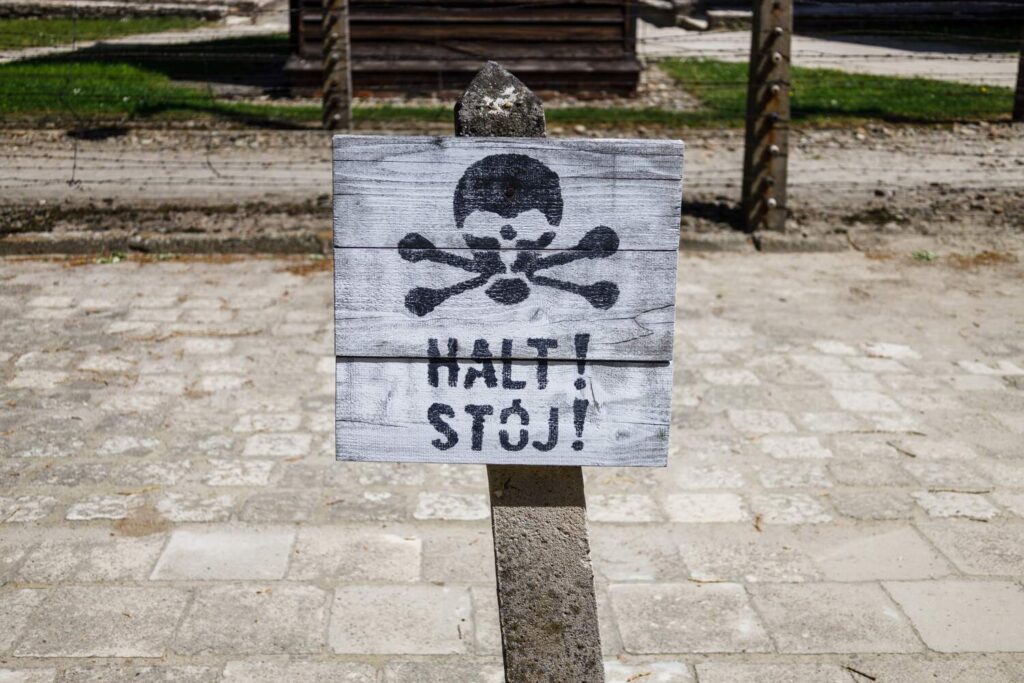
Proximity to Other Important Polish Sites
If you’re planning a trip to Poland visiting Auschwitz is easy to fit into your schedule. Located near the town of Oświęcim, Auschwitz is just a short drive from Krakow, a city with a lot of history.
Besides the concentration camp make sure to visit other important sites in Poland like the Schindler’s Factory Museum which tells the story of Oskar Schindler. He was the man who saved over a thousand Jews from being sent to concentration camps.
You can also take a tour to Auschwitz from Warsaw, the capital of Poland so you can include the camp in a broader tour of Poland’s World War II history. Auschwitz is close to other historical sites so it’s a convenient stop for those interested in learning more about the war, the Holocaust and Poland’s role in it.
If you’re in Krakow there are day trips available with shuttles from Krakow bus station and train station that will take you directly to Auschwitz.
But we highly recommend you go with a tour guide instead of buying tickets and visiting on your own.

The Experience Stays With You
Visiting Auschwitz is not like visiting other historical sites. It’s a very emotional and thought-provoking experience that stays with you. For many people, the visit to Auschwitz changes the way they see the world. It makes you confront the darkest parts of human history and think about the lessons we need to carry forward.
What you see and learn at Auschwitz will stay with you long after you leave. Whether it’s the gas chambers, the rows of barracks or the personal belongings of prisoners the experience leaves a mark. It’s not an easy visit but it’s one that many people describe as life-changing. And honestly speaking, we agree.
Auschwitz makes you think about the past, present and future in a different way.
That’s why many people recommend visiting Auschwitz even though it’s emotional. It’s not a tourist attraction – it’s a place of remembrance, learning and personal growth. By visiting Auschwitz you become a witness to history and that experience stays with you forever.
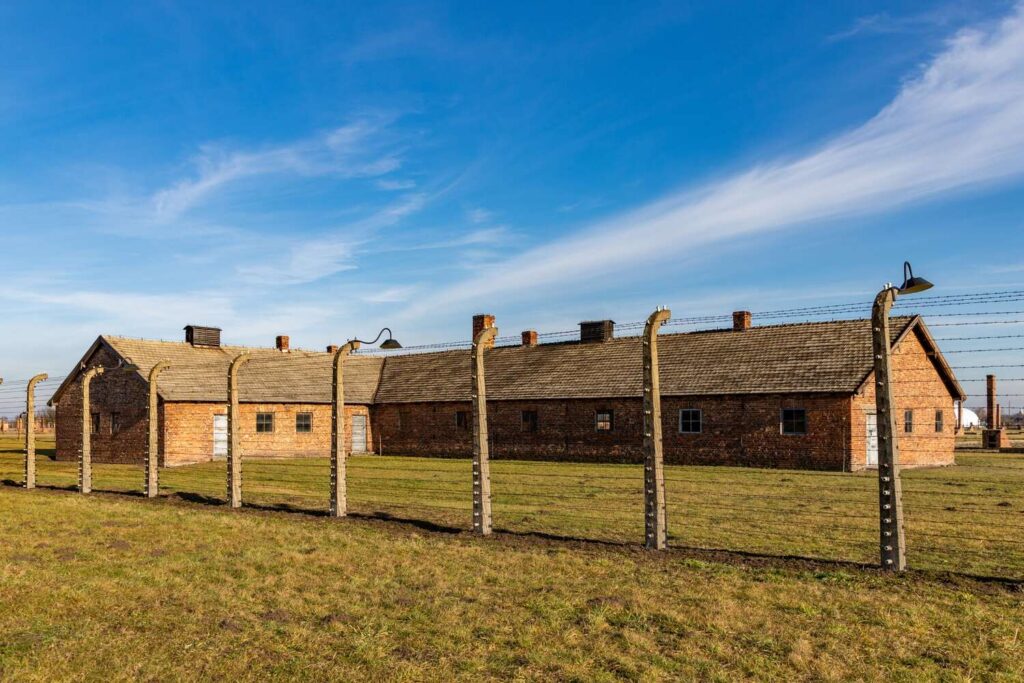
Conclusion
Visiting Auschwitz is not an easy decision, but it’s a good one.
It’s more than just a tour of an old camp; it’s a chance to learn, to reflect, to remember. Auschwitz is a reminder of what humans are capable of but also of what those who suffered were capable of.
Whether you’re interested in history, education or personal growth a visit to Auschwitz offers something. It’s not just about the past – it’s about the future.
Despite the heavy subject matter visiting Auschwitz is an experience that will stay with you long after you leave and will continue to shape your view of the world.
